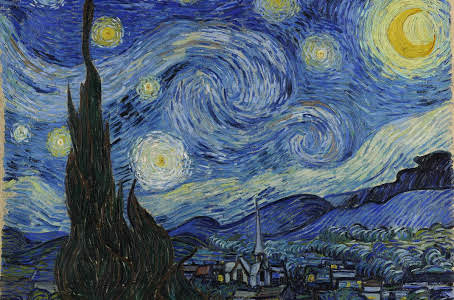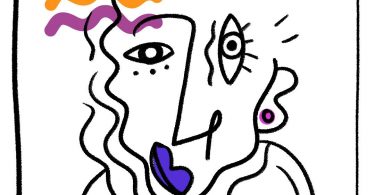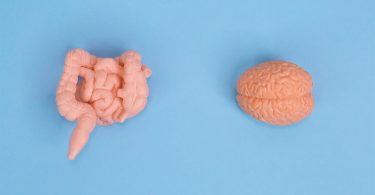Pr Yoshikazu Yonei MD, PhD,
Anti-Aging Medical Research Center, Doshisha University, Kyoto, Japan
Anti Aging Medicines World Congress
Congrès Mondial de Médecine Anti-Age
Monaco 07 04 2017
Session PANDEMIC GLYCATION & SOLUTIONS
Abstract:
Introduction:
Glycation occurs when a reducing sugar, such as glucose or fructose, combines with a protein in a non enzymatic reaction producing glycated proteins finally forming body wastes called “advanced glycation end products (AGEs)”. Furthermore, AGEs, not only deposited in the tissue, may also bind to a specific receptor called “RAGE (receptors for AGEs)”, followed by stimulating cellular signal pathways, inducing inflammatory cytokine production and causing inflammatory dames in skin and other tissues. Glycative stress is a risk factor of aging and age-related diseases, i.e., atherosclerosis, osteoporosis, skin aging, cataract.
The study is about the relation between the sleep quality and glycative stress that becomes a hot topic recently.
Conclusion:
It is already known that glycative stress can be reduced through an appropriate diet, lifestyle. The sleep quality seems also important to reduce glycative stress through various mechanisms including AGE breaking action of melatonin.
The sleep quality seems important to reduce glycative stress through various mechanisms including AGE breaking action of melatonin.
Crédit photo : Van Gogh – Nuit étoilée









